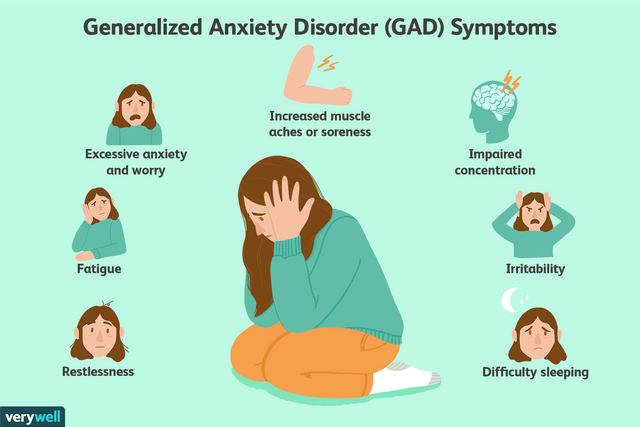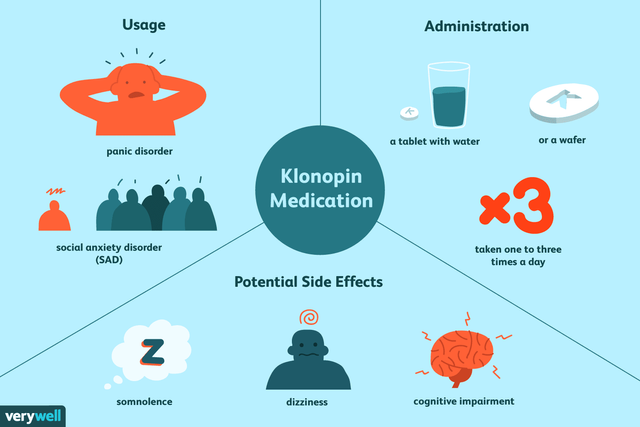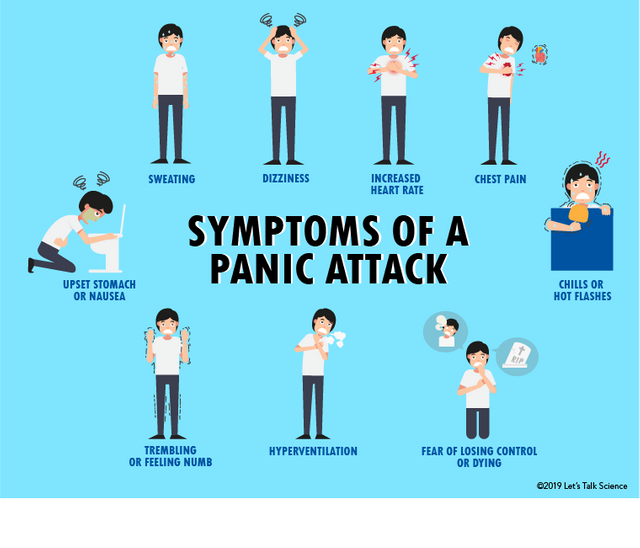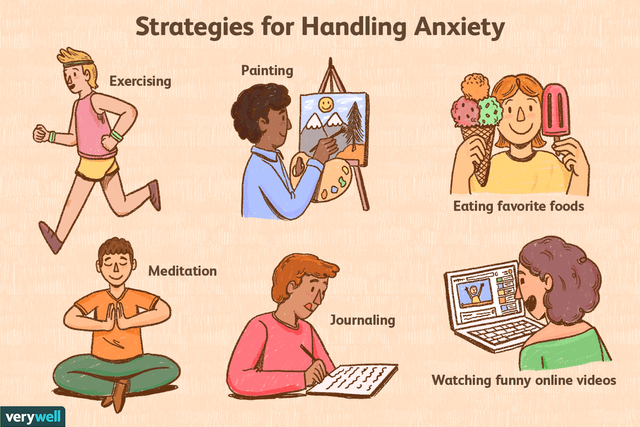Panic disorder is generally treated with psychotherapy, medication, or both. Talk with your doctor about the best treatment for you. Psychotherapy. A type of psychotherapy called cognitive behavioral therapy (CBT) is especially useful as a first-line treatment for panic disorder.

Factors that may increase the risk of developing panic attacks or panic disorder include: Family history of panic attacks or panic disorder. Major life stress, such as the death or serious illness of a loved one. A traumatic event, such as sexual assault or a serious accident.
.jpg)
A panic attack is a sudden episode of intense fear that triggers severe physical reactions when there is no real danger or apparent cause. Panic attacks can be very frightening. When panic attacks occur, you might think you're losing control, having a heart attack or even dying.
Many people have just one or two panic attacks in their lifetimes, and the problem goes away, perhaps when a stressful situation ends. But if you've had recurrent, unexpected panic attacks and spent long periods in constant fear of another attack, you may have a condition called panic disorder.
Although panic attacks themselves aren't life-threatening, they can be frightening and significantly affect your quality of life. But treatment can be very effective.

Symptoms
Panic attacks typically begin suddenly, without warning. They can strike at any time — when you're driving a car, at the mall, sound asleep or in the middle of a business meeting. You may have occasional panic attacks, or they may occur frequently.
Panic attacks have many variations, but symptoms usually peak within minutes. You may feel fatigued and worn out after a panic attack subsides.
Panic attacks typically include some of these signs or symptoms:
Sense of impending doom or danger
Fear of loss of control or death
Rapid, pounding heart rate
Sweating
Trembling or shaking
Shortness of breath or tightness in your throat
Chills
Hot flashes
Nausea
Abdominal cramping
Chest pain
Headache
Dizziness, lightheadedness or faintness
Numbness or tingling sensation
Feeling of unreality or detachment

Prevention
There's no sure way to prevent panic attacks or panic disorder. However, these recommendations may help.
Get treatment for panic attacks as soon as possible to help stop them from getting worse or becoming more frequent.
Stick with your treatment plan to help prevent relapses or worsening of panic attack symptoms.
Get regular physical activity, which may play a role in protecting against anxiety.
